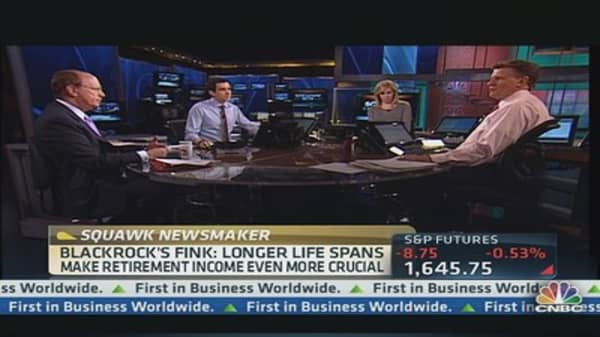Some people, it seems, never learn.
After the financial crisis exposed the flaws in many consumers' spending and saving habits, many tightened the reins significantly, pushing the savings rate up from 3.8 percent in August 2008 to as high as 8.7 percent in December 2012, according to U.S. Commerce Department data.
The savings rate did fluctuate as it climbed, but the trend was clear. For example, between 2010 and 2011, a growing proportion of consumers put away money for retirement both outside of work and through workplace programs, according to a study by the American Savings Education Council.
But as memories of the millions of layoffs and painful pay cuts brought on by the financial crisis recede, those savings habits appear to be going by the boards for many consumers as well.
(Read more: You're saving more for college...but not enough)
As of July of this year, the national consumer savings rate stood at 4.4 percent, the Commerce Department reported.
Even people who have signed up for a savings program are having a problem staying on the wagon, according to numbers released by SaveUp, a financial rewards program that makes members eligible for prizes when they take steps to save.
(Read more: One quarter of US has more card debt than savings)
SaveUp found that its customers' average invested assets rose by $370 in July, thanks to market strength. But rather than build on the gains, those consumers—who presumably had the wherewithal to make the choice to save—responded by paring their contributions to savings by an average of $52, and increasing their credit card spending so that their balances rose an average of $68.




